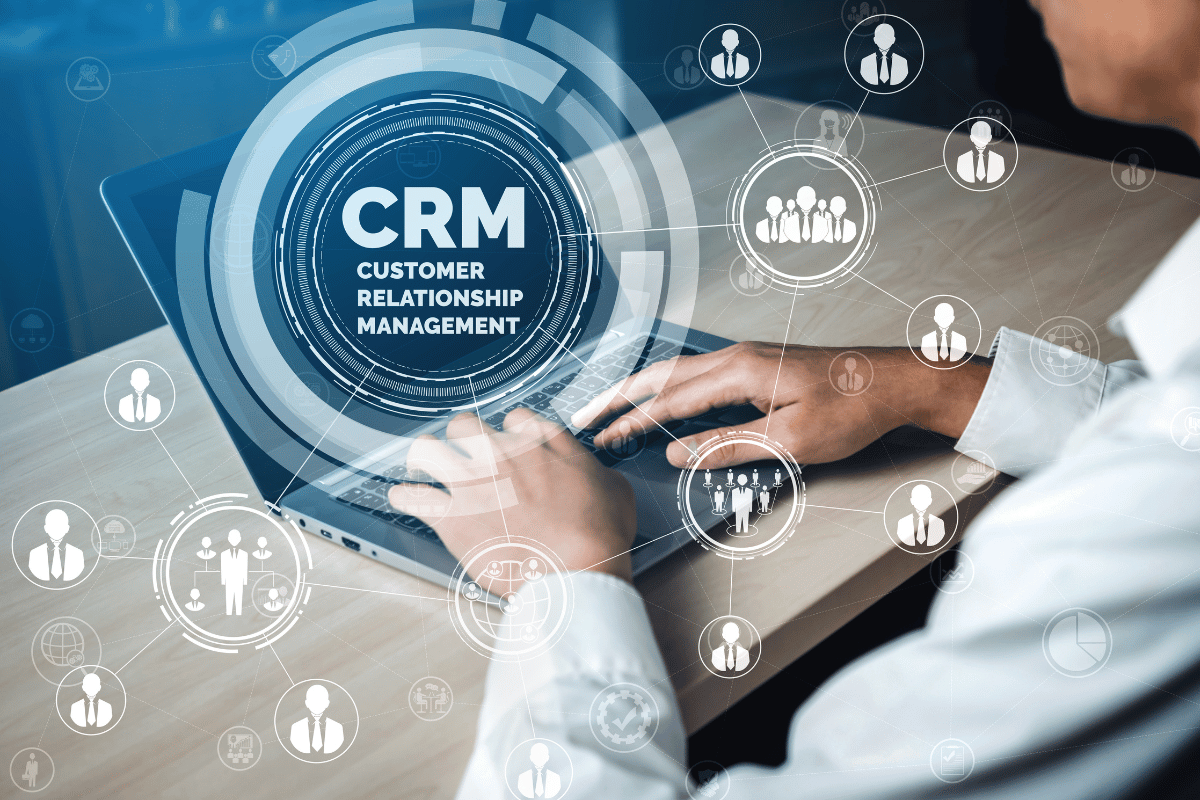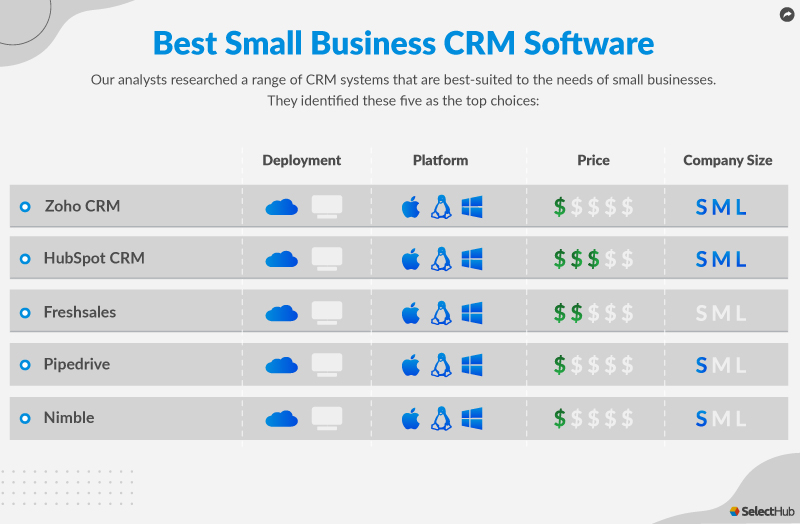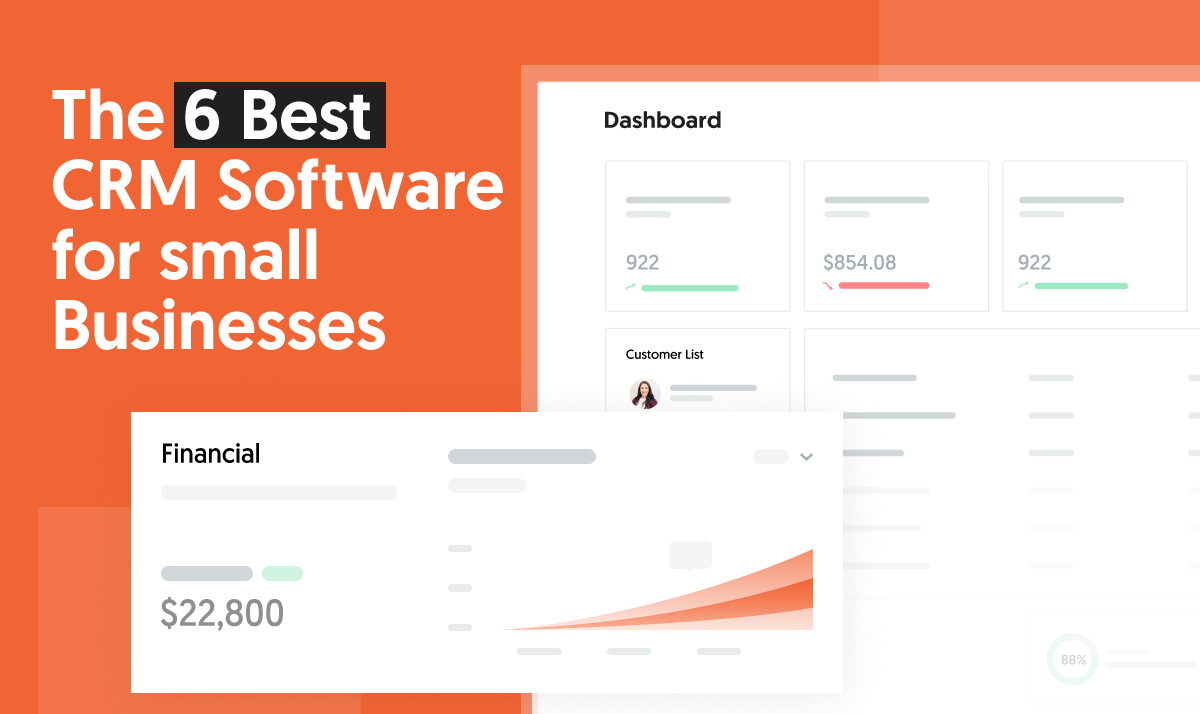Boost Your Business: Mastering CRM, Marketing, and the Power of Social Proof

Boost Your Business: Mastering CRM, Marketing, and the Power of Social Proof
In the ever-evolving landscape of business, staying ahead requires more than just a great product or service. It demands a strategic approach to customer relationship management (CRM), marketing, and, crucially, harnessing the potent influence of social proof. This comprehensive guide delves into these three interconnected pillars, providing actionable insights and strategies to elevate your business to new heights. We’ll explore how CRM systems streamline customer interactions, how effective marketing strategies attract and retain customers, and how the undeniable power of social proof can build trust, drive conversions, and ultimately, fuel your success.
Understanding the Pillars of Success: CRM, Marketing, and Social Proof
Before we dive into the specifics, let’s establish a solid understanding of each component and their crucial roles in the success equation.
Customer Relationship Management (CRM): The Foundation of Customer-Centricity
CRM is more than just a software; it’s a philosophy. It’s about putting the customer at the heart of your business. A robust CRM system serves as the central nervous system of your customer interactions, providing a 360-degree view of each customer. It allows you to:
- Centralize Customer Data: Consolidate all customer information, including contact details, purchase history, communication logs, and preferences, in one accessible location.
- Improve Customer Service: Equip your team with the information they need to provide personalized and efficient support.
- Enhance Sales Processes: Streamline the sales pipeline, track leads, and nurture prospects effectively.
- Personalize Marketing Efforts: Segment your audience and tailor marketing campaigns to resonate with specific customer needs and interests.
- Analyze Customer Behavior: Gain valuable insights into customer trends, preferences, and pain points to inform business decisions.
Choosing the right CRM system is critical. Consider your business size, industry, and specific needs. Popular options include Salesforce, HubSpot CRM, Zoho CRM, and Microsoft Dynamics 365. The best CRM system is the one that seamlessly integrates with your existing workflows and empowers your team to build stronger customer relationships.
Marketing: Reaching and Engaging Your Target Audience
Marketing is the engine that drives awareness, generates leads, and ultimately, converts prospects into loyal customers. A well-defined marketing strategy involves a multifaceted approach, encompassing various channels and tactics. Key components of a successful marketing strategy include:
- Defining Your Target Audience: Understand your ideal customer’s demographics, psychographics, needs, and motivations.
- Developing a Compelling Brand Message: Craft a clear and consistent brand message that resonates with your target audience.
- Choosing the Right Marketing Channels: Select the most effective channels to reach your target audience, such as social media, email marketing, content marketing, and paid advertising.
- Creating High-Quality Content: Produce valuable, engaging, and relevant content that attracts and informs your target audience.
- Measuring and Analyzing Results: Track key performance indicators (KPIs) to assess the effectiveness of your marketing efforts and make data-driven adjustments.
Marketing is an ongoing process of experimentation and optimization. Be prepared to adapt your strategies based on performance data and evolving market trends. Regularly review your marketing efforts, analyze what’s working and what’s not, and refine your approach to maximize your impact.
Social Proof: The Unspoken Language of Trust and Influence
Social proof is the psychological phenomenon where people look to the actions and behaviors of others to guide their own decisions. In the context of business, social proof can be a powerful tool for building trust, reducing risk perception, and driving conversions. It essentially leverages the power of peer influence. Types of social proof include:
- Testimonials: Positive statements from satisfied customers.
- Reviews and Ratings: Feedback from customers, often displayed in the form of stars or scores.
- Case Studies: In-depth analyses of successful customer experiences.
- Social Media Mentions: Positive mentions and discussions about your brand on social media.
- Expert Endorsements: Recommendations from industry experts or influencers.
- Number of Customers: Displaying the number of customers you’ve served or products you’ve sold.
- Awards and Certifications: Recognizing achievements and validating your credibility.
The more visible and authentic your social proof, the more effective it will be. Make it easy for customers to leave reviews, share their experiences, and engage with your brand on social media. Actively solicit feedback and address any negative reviews promptly and professionally.
Integrating CRM and Marketing for Enhanced Customer Experiences
The synergy between CRM and marketing is where the magic happens. When these two functions work in tandem, you can create highly personalized and impactful customer experiences. Here’s how:
Data-Driven Personalization
CRM provides the data, and marketing provides the tools to personalize your interactions. By leveraging customer data stored in your CRM, you can segment your audience, tailor your messaging, and deliver relevant content to each individual. This level of personalization increases engagement, improves conversion rates, and fosters customer loyalty.
Targeted Marketing Campaigns
Use CRM data to identify specific customer segments and create targeted marketing campaigns that address their unique needs and interests. For example, you can create email campaigns to promote products or services based on a customer’s purchase history or browsing behavior.
Improved Lead Nurturing
CRM helps you track leads throughout the sales funnel and nurture them with personalized content and interactions. Marketing automation tools, often integrated with CRM systems, allow you to automate lead nurturing workflows, ensuring that leads receive the right information at the right time.
Enhanced Customer Service
By integrating CRM and marketing, your customer service team can access valuable customer data, enabling them to provide faster, more efficient, and more personalized support. This can lead to increased customer satisfaction and loyalty.
Closed-Loop Feedback
CRM and marketing integration allows for a closed-loop feedback system. Marketing campaigns generate leads, which are tracked within the CRM. Sales teams convert leads into customers, and their interactions are recorded in the CRM. Customer feedback, gathered through surveys or support interactions, can be used to refine marketing campaigns and improve the overall customer experience. This continuous feedback loop helps you optimize your strategies and improve your results.
Harnessing the Power of Social Proof in Your CRM and Marketing Strategies
Social proof isn’t just a nice-to-have; it’s a must-have in today’s competitive landscape. It’s the secret ingredient that can transform potential customers into loyal advocates. Here’s how to effectively integrate social proof into your CRM and marketing efforts:
Showcasing Testimonials and Reviews
Make testimonials and reviews a prominent feature on your website, landing pages, and marketing materials. Use a variety of formats, including text, videos, and images, to showcase positive customer experiences. Highlight testimonials that address common customer concerns or highlight the benefits of your products or services.
Displaying Ratings and Reviews on Product Pages
Integrate a review system into your product pages. Encourage customers to leave ratings and reviews after their purchase. This provides potential customers with valuable insights and helps build trust. Respond to both positive and negative reviews to show that you value customer feedback and are committed to providing excellent service.
Sharing Case Studies
Create in-depth case studies that demonstrate the value of your products or services. Showcase how your solutions have helped other customers achieve their goals. Case studies are particularly effective at demonstrating the tangible benefits of your offerings and building credibility.
Leveraging Social Media Mentions and User-Generated Content
Monitor social media for mentions of your brand and share positive posts and reviews. Encourage customers to create and share user-generated content, such as photos or videos, featuring your products or services. User-generated content is highly authentic and can significantly influence purchasing decisions.
Highlighting Customer Numbers and Awards
Display the number of customers you’ve served, the number of products you’ve sold, or any awards or certifications you’ve received. These metrics provide instant credibility and demonstrate your success. Ensure that the numbers are up-to-date and accurately reflect your achievements.
Integrating Social Proof into Email Marketing
Include testimonials, reviews, or case studies in your email marketing campaigns. This can significantly improve click-through rates and conversions. Consider including a call to action that encourages recipients to read reviews or visit your website to learn more.
Practical Strategies for Implementation
Implementing these strategies requires careful planning and execution. Here are some practical steps to get you started:
Choose the Right CRM and Marketing Tools
Select CRM and marketing tools that meet your specific needs and budget. Ensure that the tools can integrate seamlessly and provide the features and functionality you require. Consider tools that offer robust reporting and analytics capabilities.
Define Your Customer Journey
Map out your customer journey to understand how customers interact with your brand at each stage. Identify touchpoints where you can collect and leverage social proof. This will help you determine the best places to integrate testimonials, reviews, and other forms of social proof.
Develop a Content Calendar
Create a content calendar to plan your CRM and marketing activities. Schedule regular posts, email campaigns, and social media updates. This will help you stay organized and ensure that you are consistently sharing valuable content and leveraging social proof.
Encourage Customer Feedback
Actively solicit customer feedback through surveys, reviews, and social media. Make it easy for customers to share their experiences and provide constructive criticism. Respond to both positive and negative feedback to show that you value customer input.
Track and Analyze Your Results
Monitor your CRM and marketing results to assess the effectiveness of your strategies. Track key performance indicators (KPIs) such as website traffic, lead generation, conversion rates, and customer satisfaction. Use data to identify areas for improvement and optimize your approach.
Train Your Team
Provide your team with the training and resources they need to effectively use your CRM and marketing tools. Ensure that they understand the importance of customer relationships and social proof. Empower them to provide excellent customer service and gather valuable feedback.
Common Mistakes to Avoid
While the combination of CRM, marketing, and social proof can be incredibly powerful, there are common pitfalls to avoid:
- Ignoring Customer Feedback: Failing to listen to and address customer feedback can damage your reputation and lead to lost customers.
- Using Fake Reviews or Testimonials: This is unethical and can severely damage your credibility.
- Overlooking Data Privacy: Always comply with data privacy regulations and protect customer data.
- Failing to Personalize: Failing to personalize your marketing efforts can lead to a disconnect with your audience.
- Not Measuring Results: Without tracking and analyzing your results, you won’t be able to optimize your strategies and improve your performance.
The Future of CRM, Marketing, and Social Proof
The landscape of business is constantly evolving. As technology advances, the roles of CRM, marketing, and social proof will continue to evolve as well.
Artificial Intelligence (AI): AI is already transforming CRM and marketing, automating tasks, providing insights, and personalizing customer experiences. Expect to see even more AI-powered tools in the future, such as AI-driven chatbots, personalized content recommendations, and predictive analytics.
Hyper-Personalization: Customers expect personalized experiences. CRM and marketing will need to become even more sophisticated in their ability to tailor interactions to individual customer preferences and behaviors.
Video Marketing: Video continues to be a dominant force in marketing. Businesses will need to create engaging video content that showcases their products and services and builds trust with their audience.
The Rise of Influencer Marketing: Influencer marketing will continue to grow, but businesses will need to be more strategic in their approach, focusing on authenticity and building genuine relationships with influencers.
Emphasis on Customer Experience: Businesses will need to prioritize customer experience above all else. Providing exceptional customer service, building strong customer relationships, and gathering and acting on customer feedback will be crucial for success.
Conclusion: Embracing the Power of Connection
In today’s competitive business environment, mastering CRM, marketing, and social proof is essential for success. By putting the customer at the center of your strategy, building strong relationships, and leveraging the power of peer influence, you can create a thriving business that attracts and retains loyal customers.
Remember, it’s not just about selling products or services; it’s about building genuine connections with your audience. By embracing the power of CRM, marketing, and social proof, you can cultivate a loyal customer base, drive sustainable growth, and achieve your business goals. Start implementing these strategies today, and watch your business flourish. The journey to success is a marathon, not a sprint. By consistently focusing on customer relationships, effective marketing, and the power of social proof, you’ll be well-positioned to thrive in the ever-changing business landscape.



